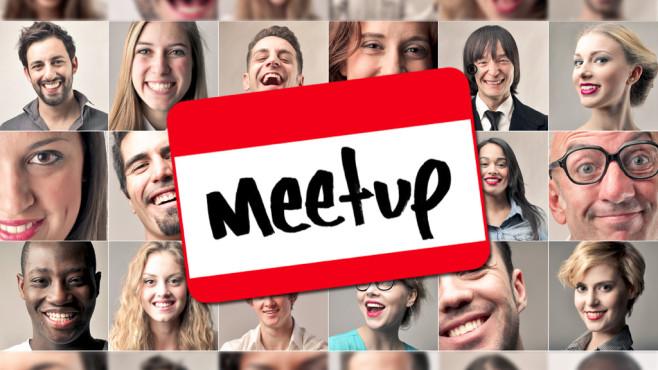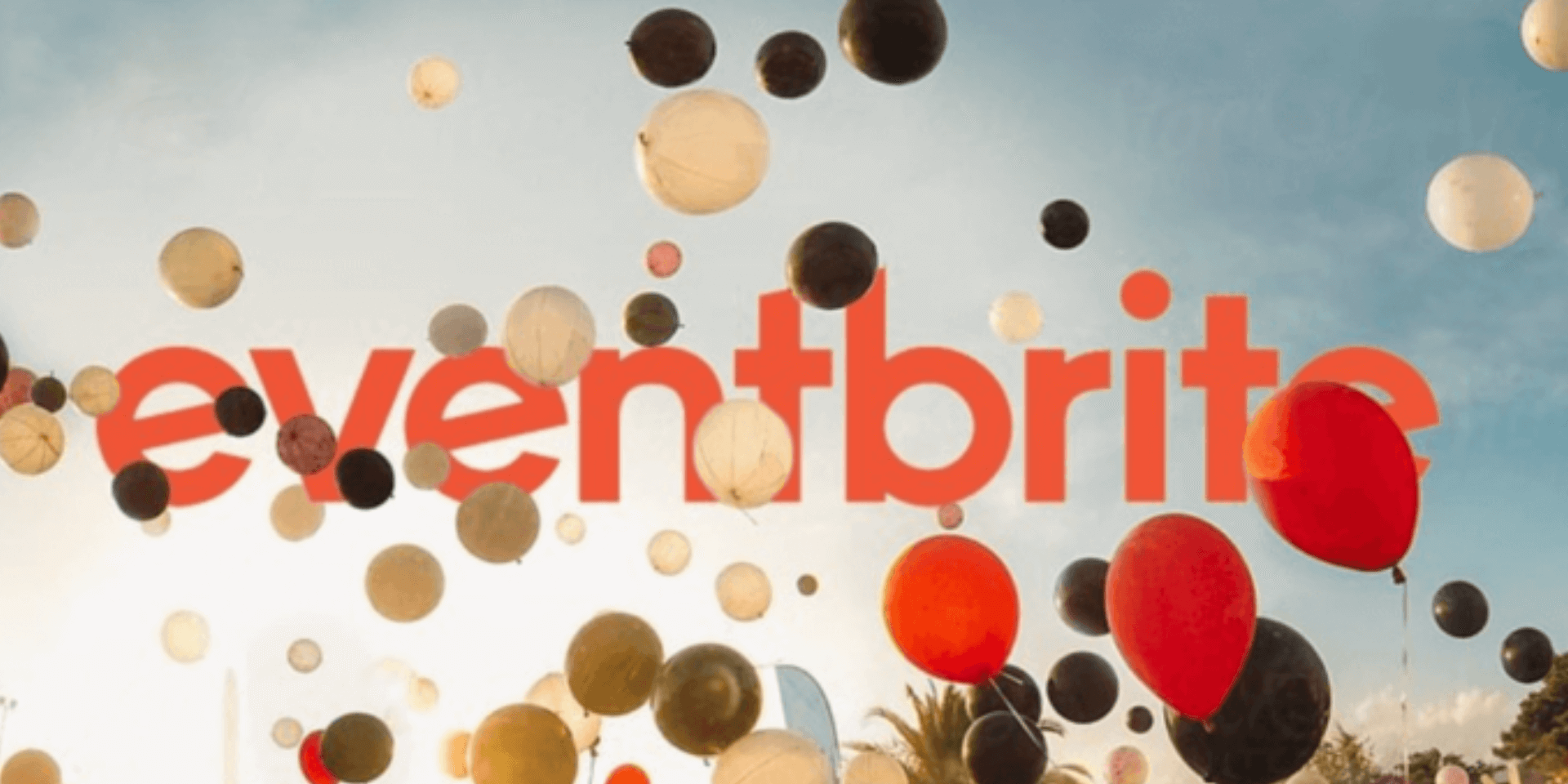- Community Organizer Research & Education
- Posts
- Community Tech Stack Insights
Community Tech Stack Insights
Meetup vs. Eventbrite

We analyzed over 600+ group events happening in New York City, from late-night dance parties to midweek language meetups, hoping to uncover patterns that could actually help community builders make better decisions.
Our goal? We want to understand how organizers are designing for connection and what platforms, tools, and choices are supporting that.
Here’s what we found:

MEETUP IS STILL THE QUIET HEAVYWIEGHT
Out of every event we analyzed:
MEETUP 463 | EVENTBRITE 48 | OTHERS 120 |
Meetup definitely isn’t the flashiest. Neither does it have deep integrations or robust branding options like Eventbrite does. But it does this one thing really well – it helps people gather, regularly, around something they care about through built-out groups. Which means:
Event Discovery Network
What it is: Meetup offers built-in discoverability through its platform, allowing people to browse and join events based on their interests and location.
How it helps community organizers:
Organizers benefit from organic reach and visibility without needing a massive existing audience. It’s a great way to attract new members, especially those actively looking for community experiences.
RSVP Management
What it is: Tools to manage attendee signups, waitlists, and no-show tracking.
How it helps community organizers:
Organizers can track interest, manage room capacities, and understand patterns in attendance. This makes it easier to plan logistics, reduce waste, and follow up with participants more effectively.
Built-In Messaging & Announcements
What it is: Meetup allows direct messaging and group-wide announcements to all members.
How it helps community organizers:
It enables fast, centralized communication without needing external tools. Organizers can notify members about changes, reminders, or new events—keeping the community loop tight and active.
Recurring Event Scheduling
What it is: Support for setting up repeat events (weekly, monthly, etc.) with minimal setup.
How it helps community organizers:
Makes it easier to build consistency and habit among members. Regular meetups help reinforce community rhythms and create opportunities for deeper relationships.
Community Dashboard & Metrics
What it is: Meetup provides basic analytics like RSVP counts, member growth, and event attendance history.
How it helps community organizers:
While limited, these metrics offer a quick glance at what’s resonating, helping organizers to adjust frequency, timing, or format to better serve their audience.
Payment Integration
What it is: Some Meetup tiers support charging for event attendance or collecting group dues.
How it helps community organizers:
Organizers can offset costs or monetize their efforts directly within the platform, removing the need for external ticketing tools.
Meetup is great for
Recurring events are easier to manage
Attendees follow groups and get notified automatically
Organic discovery within the app = free traffic

In comparison, Eventbrite shines through with
a difference in thier approach
Paid Workshops
What it is: Educational or skill-building sessions that require attendees to pay a registration fee.
How it helps community organizers:
Paid workshops allow organizers to monetize their expertise while offering high-value experiences. They also serve as a tool to deepen community engagement, foster learning, and attract participants who are more committed due to the financial investment.
Ticketed Events
What it is: Events that require attendees to purchase tickets to join, whether online or in person.
How it helps community organizers:
Ticketing enables organizers to track attendance, generate revenue, and create a sense of exclusivity or value. It also helps manage event capacity and collect participant data for future outreach.
Analytics
What it is: Data tracking tools that measure engagement, attendance, open rates, and more.
How it helps community organizers:
Analytics empower organizers with real-time insights into what’s working. From knowing which events drive the most engagement to understanding email campaign performance, this data supports evidence-based decisions and iterative improvements.
Integrations
What it is: The ability to connect your community tools with platforms like Slack, Zoom, Mailchimp, Google Sheets, etc.
How it helps community organizers:
Integrations streamline workflows, reduce manual work, and allow organizers to scale their operations. For example, automating attendee follow-ups via email or syncing registration data with CRMs can save hours of effort.
Email Marketing
What it is: Sending newsletters, announcements, and personalized messages to your community via email tools.
How it helps community organizers:
Email marketing keeps members informed and engaged. Organizers can build deeper relationships, drive attendance, and promote initiatives with tailored messaging that resonates with specific audience segments.
Branded Landing Pages
What it is: Custom web pages designed to reflect the community’s identity and showcase events, programs, or missions.
How it helps community organizers:
Branded pages provide a professional front door to your community. They help build trust, communicate your vision clearly, and convert visitors into participants or members. They’re also great for SEO, sharing on social, and simplifying the signup process.
You could debate it lacks the long-term “community feel” that Meetup bakes in by default.
Eventbrite is good for
Paid workshops and ticketed events
Analytics, integrations, and email marketing
Branded landing pages
Other patterns we noticed were
Collaborations are a rising default. A huge number of events listed co-hosts—two, three, sometimes four names on a single gathering.
Organizers are using hybrid stacks. Instagram handles are baked right into event names. Some use Linktree to route people to multiple ongoing communities. Others drop Discord links post-event to keep the energy going.
The best events are leveling moments. Whether it’s a casual game night or a well-facilitated panel where the expert asks the audience questions, the most magnetic events lower the ego bar. They turn hierarchy into shared ground.
We’re learning as we go too and always down to swap notes or share the full data breakdown.

What’s Next?
We’re fired up for what’s ahead and looking forward to seeing our Dot Connector community grow over the coming year. Our vision is to get sharper and closer to building something that truly works and transforms the work of community leaders/builders across the board.
Create a Dot Connector profile with us to stay updated with our launches.
Even better, Schedule a Dot Connector Convo with our team;
we want to hear from you if you’re a community leader/organizer.
Our content rollout is coming! Stay tuned for more in-depth content, including interviews, insights from our recent events, and upcoming opportunities to collaborate directly. Follow us, keep an eye on our newsletter, and join us at future events where we’ll continue these conversations. Your stories and involvement is what makes this all possible.
Onward and Upward,
The Pollen8 Team

--